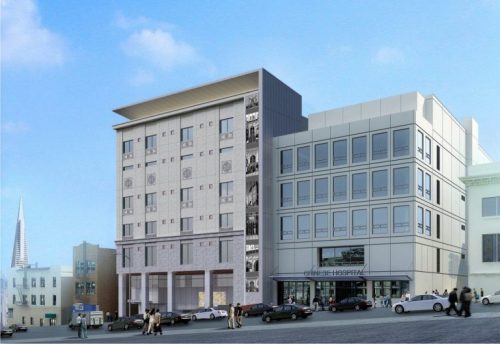18 June 2021
See how JMBM’s Global Hospitality Group® can help you.
Click here for the latest articles on C-PACE Financing.
Retroactive Commercial PACE (C-PACE) and C-PACE can provide critical capital and liquidity
In the past few years, Commercial PACE (C-PACE) financing has transformed from a novel financing technique to a popular and important source of capital for all types of commercial real estate — particularly hotels scrambling for financing to reopen and take advantage of the “Great Recovery” now underway.
Because of our early involvement and experience, C-PACE financing has become quite a specialty niche in the hotel financing resources of our Global Hospitality Group®, representing both C-PACE lenders and borrowers. Because of our profile in this area, I was recently asked to give my thoughts on its benefits in a timely article written by Bryan Wroten for Hotel News Now. You can read an excerpt below or click the link to read the entire article.
PACE Lending Allows Hoteliers
To Recapitalize Past Projects
By Bryan Wroten, Hotel News Now
A lending platform designed to fund investments in renewable energy and energy-efficient improvements, commercial PACE lending has helped hotel owners and developers in need of capital during the COVID-19 pandemic.
PACE financing, which stands for property assessed clean energy, originated in the late 2000s, said Jim Butler, partner at Jeffer Mangels Butler & Mitchell and chairman of the law firm’s global hospitality group. This type of lending has taken a while to fully catch on with developers because state legislatures have to pass laws to enable it. Often county and local municipal governments must pass their own legislation, as well.
Currently, 36 states and Washington, D.C., have authorized commercial PACE lending, and of those, 24 states and D.C. have active lending occurring.
PACE financing has the potential to reach into the billions and trillions of dollars, and part of that potential comes from the hotel industry, Butler said.
The pandemic has devastated U.S. hotels, forcing some to close temporarily or permanently. Hotel owners are dealing with the revenue declines of 2020 while also facing property improvement plan requirements over the next few years.
“They’ve been saving every penny and going to the bare minimum, but they’re going to have to do property improvement plans and rehire people … train them and do marketing,” Butler said. “They’re facing a lot of costs in getting back into business.”
One of the things that makes PACE financing so appealing to borrowers is it’s a self-assessment, similar to a tax improvement district, except the owner voluntarily imposes a long-term tax agreement on the property for up to 30 years, Butler said. It’s a non-recourse loan, and interest rates are typically low at about 5% to 6% because of its high security. Rather than the owner holding the debt, the loan remains with the property even following a transaction. CONTINUE READING →




